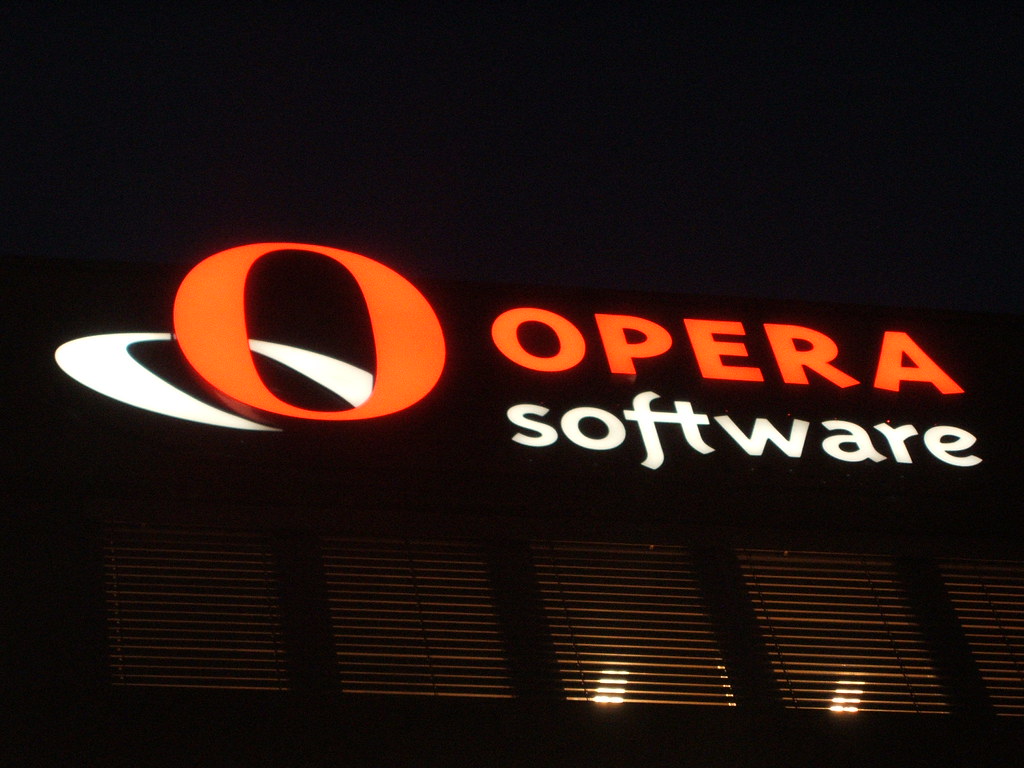
Browser maker Opera has launched its AI-centric browser, Neon, which allows users to create apps through AI prompts and build repeatable prompts through a feature called “Cards.” With this move, Opera joins a growing number of companies, such as Perplexity and The Browser Company, that are trying to make agentic browsers a reality. The company first announced it was working on Neon in May, but the browser was in a closed preview. It is now starting to send invites to select users, who can access the browser for a fee of $19.99 per month.
Krystian Kolondra, EVP of Browsers at Opera, said in a statement, “We built Opera Neon for ourselves — and for everyone who uses AI extensively in their day-to-day. Today, we’re welcoming the first users who will help shape the future of agentic browsing with us.” The browser features a conversational chatbot, but its more agentic feature, “Neon Do,” is what helps users get tasks done. For example, it can summarize a blog post and then send the summary to a Slack channel. Because the browser has the context of your browsing history, you can also ask it to fetch details from a YouTube video you watched last week or a post you read yesterday.
New Features for Agentic Browsing
Opera’s new browser can also write snippets of code, which is helpful for creating visual reports with tables and charts. It is not yet clear if these mini-apps can be shared with others. The “Cards” feature allows users to build repeatable prompts, similar to a feature called “Skills” on The Browser Company’s Dia. Users can combine cards like “pull-details” and “comparison-table” to create a new prompt for comparing products across tabs. Like in Dia, users can build their own cards or use ones created by the community.
Opera Neon also brings a new tab organizational feature called “Tasks,” which are contained workspaces of AI chats and tabs. This feature is similar to the combination of Tab Groups and Arc Browser’s Spaces feature. In a demo, Opera showed Neon completing a task like ordering groceries, but the company will have to prove the browser’s capabilities in real-world scenarios.
A Competitive Landscape for AI Browsers
With this launch, Opera is directly competing with the likes of Perplexity’s Comet and Dia, as well as with tech giants like Google and Microsoft, which are also adding more AI-powered features to their browsers. Unlike its competitors, Opera is positioning Neon as a premium product for power users with a monthly subscription.
Author’s Opinion
Opera’s launch of Neon, with its monthly subscription model, represents a clear and strategic niche play in an increasingly crowded market. Instead of trying to compete with giants like Google and Microsoft on a free basis, Opera is positioning itself as a premium tool for “power users” who are willing to pay for advanced agentic features. This strategy could be a smart way to find a loyal user base, but it also risks limiting its potential audience to a very small, technically-savvy group. The success of this model will depend on whether the value of its features can truly justify the monthly cost, and if it can build a community of users who are willing to pay for a more powerful and customized browsing experience.
Featured image credit: andreas via Flickr
For more stories like it, click the +Follow button at the top of this page to follow us.
